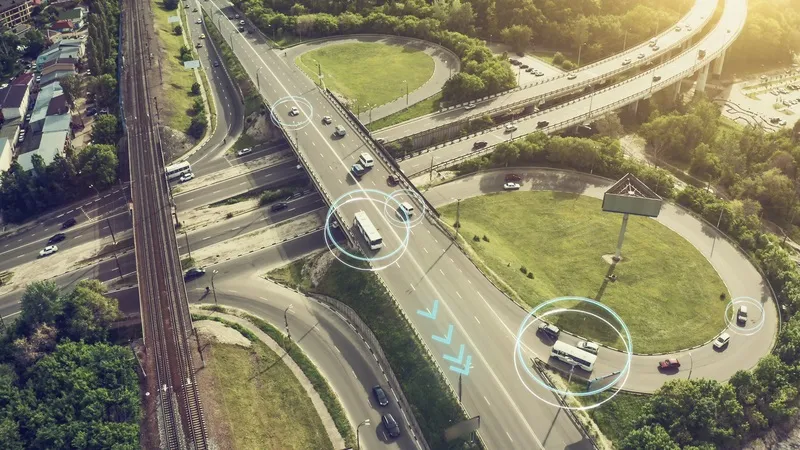
Iteris has received a second task order with funding of $4.07 million from the Federal Highway Administration (FHWA).
The company's work will include preparing US cities and states for advancements in connected and automated vehicle (C/AV) technology.
The money comes under the US government agency’s indefinite delivery/indefinite quantity (IDIQ) contract, a five-year deal with a total value of $9.8 million.
Iteris will support the evolution of the Architecture Reference for Cooperative and Intelligent Transportation (ARC-IT) to reflect changes in ITS and C/AV developments.
ARC-IT supports statewide and regional ITS planning and deployment to encourage interoperability and C/AV preparedness through workshops, training and technical assistance.
In essence, this is intended to highlight links between ITS and C/AV technologies, and help guide discussions on integration as plans are drawn up.
In particular, the programme looks at alignment with development standards and concepts in both domestic and international approaches.
“Iteris is honoured to continue our activities in support of the US Department of Transportation’s efforts to improve safety and mobility with this new task order under the ITS architecture programme,” said Cliff Heise, vice president, federal and research programs, transportation systems at Iteris.









